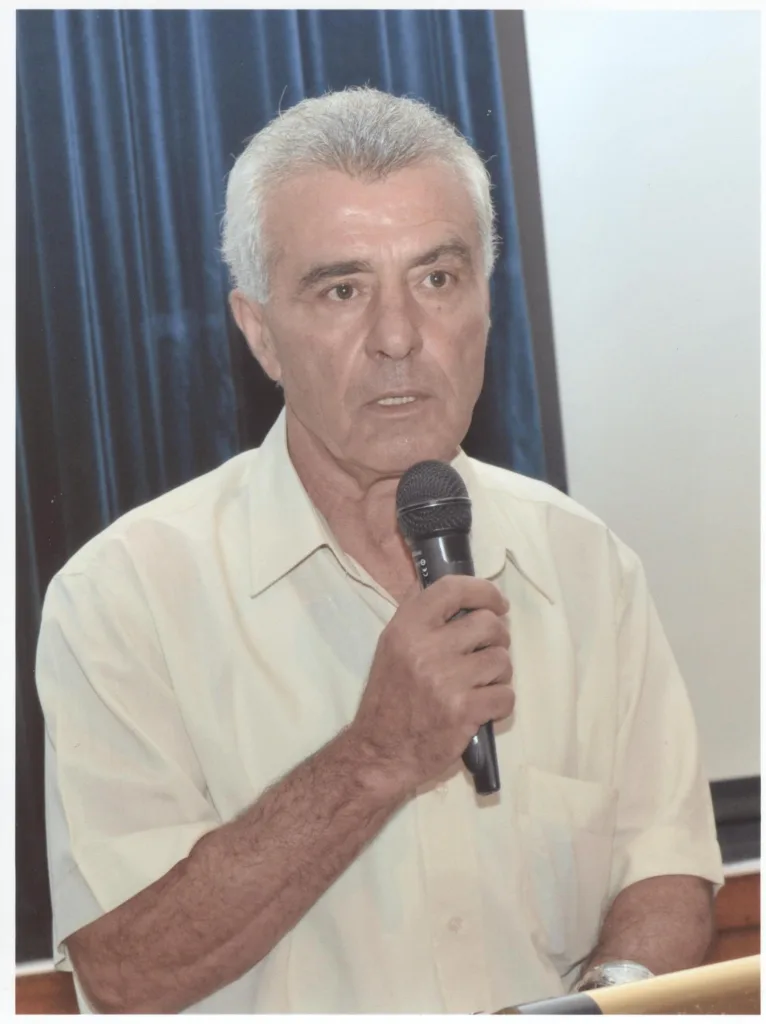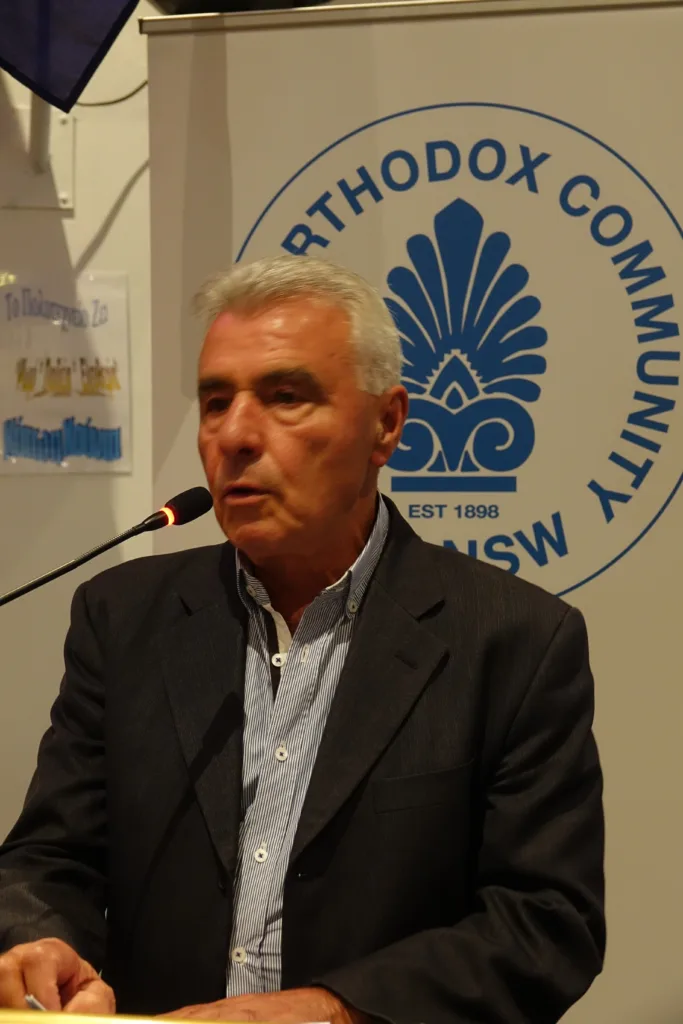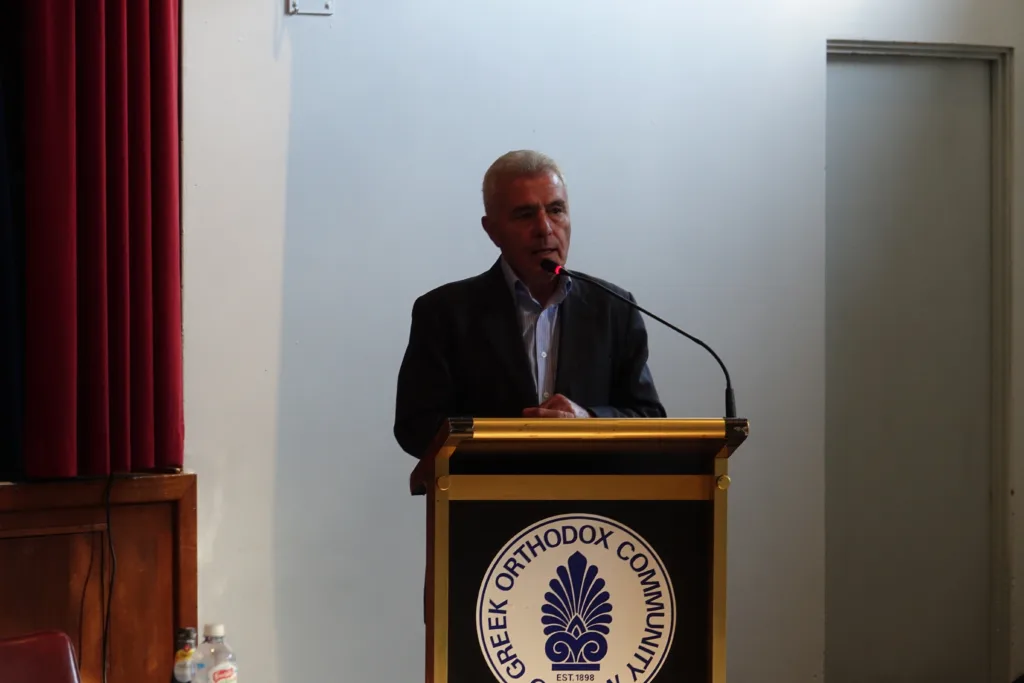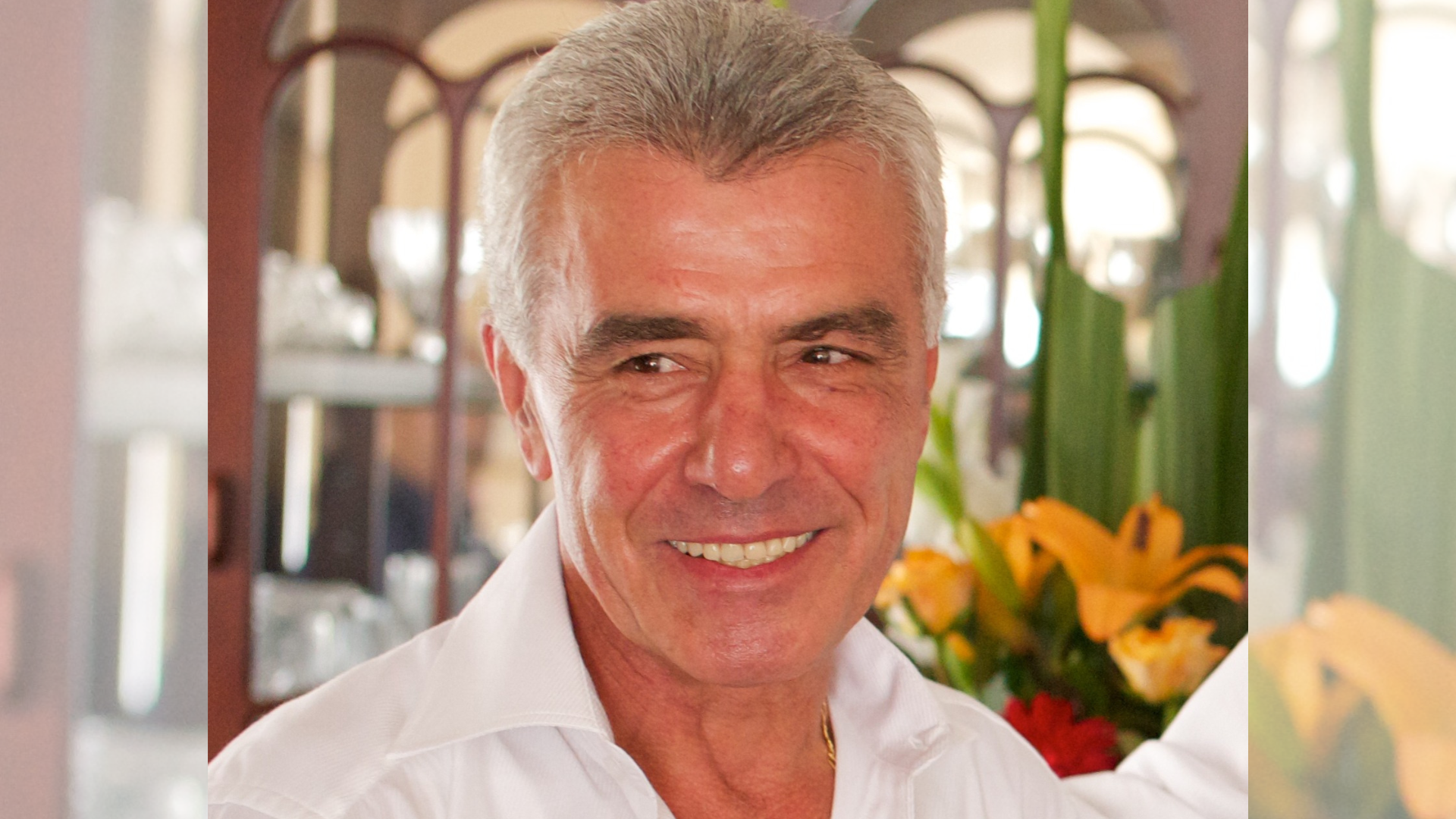Some people are born to serve and to give. These are people who place their own private interest in second place and undertake to dedicate time and money as well as their own skills and virtues with which nature endowed them for the general good, for the good of the community, that is, of the people, of the citizens, of the wider society. These individuals offer voluntarily, without being forced by anyone, motivated by philotimo and sensitivity, aiming at the general good, the good of the public. These individuals believe in the public benefit, not just the private one.
Aristotle considered these sensitive volunteers, the people who fought for the common good, to be the Aristoi (the Outstanding), the true rulers who should be honoured by all citizens, and considered them role models and examples of a good citizen, an honourer of their Republic and their Democracy. Those who were not interested in the commons, those who lived to accumulate wealth without contributing to the general good, without returning to the people a part of their wealth, Aristotle considered them to be worthless and foolish. To be idiotis (private) means to live like a fool, useless and unnecessary, this great Master shouted to all those who simply cured money and served their riches. From this “private/individual person” of Aristotle who ceases to be a “citizen”, the word “idiot” which means “stupid, foolish” came out in Germanic languages, including English.

Our Greek community fathers in Australia were volunteers. Volunteers were the Greek pioneers of the Australian diaspora. Volunteers were all those who built the churches of their faith, their shrines, those who founded the brotherhoods, the community associations, those who bled for the interests of the weak, the unemployed, the people who struggled in the foundries, the refineries, the lime mills, the quarries, the mines. Volunteers founded the first schools on the lofts of restaurants, volunteers toiled to set up sports clubs, volunteers worked as trustees in churches, in cultural, theatre and music associations, volunteers set up struggles to support the Greek world in times of war and natural disasters.
Volunteers were the women, the immigrant Greek women who offered their time and passion to charity, volunteers were these heroic women who, during the difficult years for the Homeland, opened their homes and collected money for the victims of wars and natural disasters in Greece and Cyprus. The current image of the Hellenic World in the diaspora was based on volunteerism. Associations, Fraternities, Communities, Parishes, community welfare organisations, sports, nursing homes, sports clubs, geriatric clinics are the result of volunteering. A volunteer was also Michael Tsilimos, one of the above noble Archons of the offering, one of the above giants of volunteerism. Simple, transparent, authentic, consensual where there could be compromise, good-natured towards progress and change. I met him 40 years ago and while we lived in different states, we were united by the same passion for the Greeks, the same passion for participation in the commons.

In 1997, together with Panagiotis Sarelas, they came to Melbourne, visited me at the National Centre for Greek Studies and Research (EKEME) and as officials, envoys of the historic Greek Orthodox Community of NSW, they wanted to be initiated into the organisation of the Archives of Hellenism, the creation of a Centre for the Study and Learning of Hellenism. They intended to spread the wings of creation and discuss the establishment and operation of bilingual kindergartens in the Sydney Metropolitan Area. They had the vision of establishing and operating a bilingual day school, like the ones that my team and I had established in Perth and in Melbourne. This was followed by meetings, planning and discussion, and, finally, a special conference in Sydney.
Michael was a child of the diaspora and the world of expatriated Hellenes, an honest fighter, a persistent patriot, without sobs and ornaments of the leadership. As a person who served a certain left-wing ideology, as a person who lived through the difficult post-war years of the Civil War, an unnecessary and bloody fratricidal conflict that essentially did not end but began to weaken in intensity and irrational passion after 1981, he could have isolated himself in the staticness and limitations of his ideology. Tsilimos did not do it. He had the revolutionary ethos within him.
A worker of labour and a child of contribution, whether he lived as a painter on the barges of the port, or as a young fighter with the bougel and posters, or as a leader of Hellenism, from whatever position the members of the Community honoured him, or as a businessman and family man, he showed a tolerant, liberal face, and had the approach of a smiling child. That’s how I met him, that’s how I lived him, and that’s how I appreciated and respected him.

Certainly, his honourees found him combative, brave and a fighter. His goal has always been the interest of the “base”, the members of the people, the assembly, the Community. There was no compromise on this issue. And of course, there were cases where he failed, issues that he did not interpret correctly, there were also deviations. However, never out of personal selfishness, never out of self-interest. Michael was not an anarchist, he was not a civil libertarian either. He understood and accepted progress. With his early exit from this world, the Greek diaspora was deprived of his services and lost a leading fighter. However, as we all know, people die when we forget them. History and Archaeology are sciences that have defeated death and preserve eternal memory for those who passed through and benefited society with their contribution.
Michael has his own place in the history of Hellenism, after fifty years of robust activity. He has, justly and axiomatically, a dividend in eternal memory, because there were thousands of students of the Community schools and child-minding centres, who learned the Greek language, the language spoken by Socrates and Alexander the Great, because of Michael and the other fathers of the Community. Thousands of Greeks lived his passion for the progress of Hellenism and thousands were all those who lived his perseverance and his moral stature to raise Greece higher and higher. History will remind us of him through his nobility of volunteerism.
*Professor Anastasios M. Tamis taught at Universities in Australia and abroad, was the creator and founding director of the Dardalis Archives of the Hellenic Diaspora and is currently the President of the Australian Institute of Macedonian Studies (AIMS).

